4 Steps to Change a Habit
Habits come in all shapes and sizes. Some habits are big, while others are small. Some habits are useful while others aren’t. Below we’ll focus on what is a habit, how they’re formed and how to create or change a habit. I’ll also give you a four step process to start changing your habits.
When it comes to habits, there’s a lot of focus on breaking bad habits. It focuses on the stuff you want to stop. Stop biting your nails, stop snacking, stop overspending, stop smoking, stop swearing.
These habits are pretty tangible. You can look at your fingers to know if you’re biting the nails. You can peek into your pantry to see if there are snacks and how much is left in the bags. You can look at your bank account to see how much you're spending. You either have cigarettes to smoke or you don’t. You’re dropping f-bombs left and right or you’re not.
There are other bad habits that are a lot less tangible. The habit of blaming others, running from your problems, making excuses or postponing your goals … to name a few.
Whether they’re tangible or not, these are all bad habits people can slip into.
WHAT IS A HABIT?
A habit is a routine of behavior that is repeated regularly and tends to happen without you thinking about it.
How often do you think about brushing your teeth in the morning? Probably not much. Your parents brushed your teeth when you were a toddler, helped you when you started to grow up, reminded you to do it when you got a little older and then just expected you to do it.
Brushing your teeth in the morning just became part of your morning routine. It’s a habit. A routine of behavior that is repeated regularly and you don’t even think about it.
Many of my clients have a habit of negative self-talk. They’ve talked to themselves in a destructive manner for so long that they don’t even realize they’re doing it anymore.
HOW ARE HABITS FORMED?
Your brain likes to be super efficient. You burn so much of your energy thinking, so if the brain doesn’t have to think about something it saves energy for the things it DOES have to think about.
This is important to know because once you practice a behavior over and over and over again, your brain decides it doesn't have to think about that behavior any more and pushes it to the back of your brain into your subconscious. That behavior now runs on autopilot and becomes part of your routine. It’s now a habit. It’s just something you do … like brushing your teeth or … mentally beating yourself down.
This is how it works for both the habits you want and the habits you don’t want.
IT TAKES TIME TO CREATE A HABIT
If you go to the gym three days a week for two weeks you’re not going to get buff. You’re not going to shed the pounds and shred your muscles. Sure, you’re going to get sore but you’re not dramatically changing your body … just yet.
You may have changed your routine for a short period of time but you haven’t created a new habit. It’s consistency over an extended period of time that forms habits.
If you eat fast food 3 days a week for two weeks you’re not going to become obese. Sure, you might put on a few pounds and your energy level may drop but you’re not dramatically changing your body … just yet.
But whatever you repeatedly do will become a part of you. If you repeatedly go to the gym, that will become a habit. If you repeatedly eat fast food, that will become a habit.
I want to caution you though. Habits aren’t just about taking actions. They’re not just about what you do or don’t do.
YOUR IDENTITY PLAYS A ROLE IN CREATING HABITS
While actions are a big part of forming habits … an even bigger part is you and your brain. How you think about yourself and your identity is crucial when it comes to establishing new habits or breaking old ones.
What do I mean? Well … let’s say you have two people who are trying to quit eating sugar and they’re both offered a donut.
One says, no thanks, ‘I’m trying to cut out sugar.’
The other says … ‘No thanks, I don’t eat sugar.’
Who do you think is going to be more successful?
Yeah, the one who has shifted their identity to someone who no longer eats donuts.
It may seem small but it is SOOO big.
SMALL SHIFTS IN HABITS LEAD TO BIG CHANGES IN LIFE
And that’s the tricky thing with habits, small shifts lead to big changes yet we often don’t give ourselves credit for those small shifts. We tend to look past them because we’re not getting the results we want right away without realizing those small shifts are everything.
Let me put it to you this way … if you got on a plane in New York’s Laguardia Airport, headed for Los Angeles international airport and your pilot had their flight plans off by one degree, you wouldn’t land at LAX you’d land about 40 miles off the coast in the Pacific Ocean. A small shift, over an extended period of time will take you to an entirely different place than where you started.
SMALL SHIFTS! I mean it folks, they’re the key to big things.
I often tell my clients all you have to do is crack the door open … you don’t have to kick it down.
We’re constantly told to take MASSIVE ACTION. I don’t know about you but MASSIVE ACTION sounds MASSIVELY HARD! But when someone tells you that’s what it takes to have success … you go for it. There’s nothing wrong with that but chances are you’ll burn out fast and potentially give up.
SLOW AND STEADY WINS THE RACE
This happens a lot with people who want to lose weight. The weather starts to warm up and they want to lose a few of those pounds they put on over the winter so what do they do?
They throw out all the junk in the house, stock the fridge with fruits, veggies and lean proteins and hit the gym. ALL of which are excellent ideas. I’m not going to poo poo any of them, I’m just going to say it’s too much too fast.
If would have more success if they just started with a small shift, like drinking enough water every day. Commit to that routine for a few weeks until it becomes a habit. Then, add more veggies to their meals consistently for a few weeks, while continuing to drink water. After that becomes a habit, go for a 10 minute walk 4 days a week for a few weeks, while drinking water and eating more veggies. Do you see where I’m going here?
Small steps that you can commit to, consistently execute, and build upon are the keys to establishing habits.
But they take time and too often we want things to change FAST! We think slowly adding water in, adding veggies in, adding a walk in … takes too long. Well … it took you months (and sometime years) to put on the weight, it’s not going to come off quickly and if it does you’re probably just going to put it back on.
Small consistent actions of eating poorly and not moving the body is what leads to gaining weight. Small consistent actions of eating properly and moving the body is what will take it off.
I’m using weight loss as an example here but you can apply this same way of thinking to stop overdrinking, to start writing that book, to develop a better relationship with yourself, whatever it is you want to change and improve in your life.
THE DIFFERENCE BETWEEN WHO YOU ARE AND WHO YOU COULD BE
Those small changes are the difference between who you are and who you could be.
Whether it's food or exercise or maybe it’s alcohol, or procrastination or perfectionism … every action you take … every box you check … is a vote for the type of person you want to become.
Think about that! Everything you do creates who you become. So what kind of boxes are you checking?
Just to recap for you, a habit is something you’re so used to doing that you don’t even think about it anymore.
We form habits because our brains like to be efficient. Once we practice a behavior over and over again our brain decides it doesn’t have to think about it anymore and pushes it to the back of our brain so it can focus on the things it DOES need to think about.
We’ve talked about how small steps lead to big change but I want to take it back just a step. Yes small steps lead to big change but … you’ve got to take the FIRST step.
THE FIRST STEP TO CHANGING A HABIT IS THE HARDEST
Yes, the first step IS the hardest. You’ve just got to start. You’ve got to get moving. It’s not about going from zero to 100 super fast. It’s about going from zero to just one.
I go back to my high school science class … A body at rest tends to stay at rest, a body in motion tends to stay in motion.
Ever notice if you take a break from working out for a few days/weeks or months how hard it is to get back in the gym and get started? The longer you wait the harder it is to get back in it. That’s because your body is at rest.
But, if you regularly hit the gym, or go for a run and you’re in the swing of things it’s easy to keep going. That’s because your body is in motion.
So just start. It’s that first step that is the hardest but once you take it … you’re on your way.
4 STEPS TO CHANGE A HABIT
Just start. Yes the first step is the hardest but once you do that you’re on your way.
Celebrate the small victories. You don’t have to take massive action and kick the door down. Just crack it open and then continue to push it open a little more and a little more and a little more. That is so much more doable and sets you up for real long term change instead of doing too much too fast, burning out and beating yourself up.
Start shifting your perspective of yourself. If you identify as someone who doesn’t workout, someone who is always negative or someone who is constantly late, then THAT is who you will be. If you start to identify as an athlete, a positive person or someone who shows up on time … you’ll start to make decisions that align with that type of person.
And remember, everything you do is a vote for who you will become. It’s not an all or nothing situation. Make sure you have more votes for the person you want to be and less for the one you don’t.
You don’t have to be perfect, you just have to have more actions that move you forward and less that hold you back.




